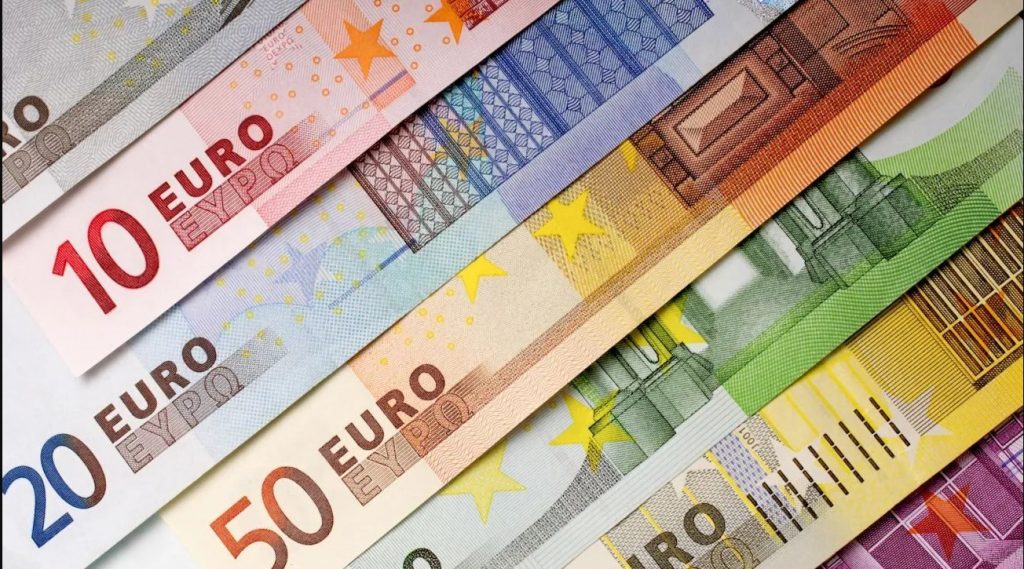
The euro: a 20-year test of its strength
20 years ago, a new currency was born. Euro banknotes and coins are now the sole means of payment or basic currency alongside national currencies in 19 EU countries with a combined population of around 340 million. Twelve countries have decided to use the euro as their legal tender instead of their national currency.
Before appearing in cash in 2002 the euro as an experimental currency had existed for 3 years in electronic form. The main purpose of the euro was to make life of the EU citizens much easier and to make their business and tourism trips from one country to another easier as there would be no need to worry about currency exchange.
Transition of European countries to the euro
In the near future, three more European countries are planning to switch their accounting systems over to the euro. So far, the only country that has refused to use the euro in any form as a matter of principle is Denmark.
The country where the transition to the euro and the use of this currency is considered a definite success story is Ireland. Being in the eurozone is what made Ireland very attractive to foreign investors. Currently approximately 20% of jobs and approximately 40% of the country’s export potential are held by companies with foreign capital.

How the transition to the new currency went
However, the changeover to the euro also meant that during the crisis years the country received the “full package” of all the problems of the eurozone. Ireland felt this during the crisis in 2008. However, the negative trends were overcome fairly quickly and from 2012 to 2020, the Irish economy showed an impressive 5% annual growth rate.
The main export potential of the Irish economy is the products of companies operating in high-tech industries. Aerogen, in particular, a pharmaceutical aerosol company, has been operating with a domestic to export sales ratio of 50% to 50% for the past two years.
According to the company’s director John Power, it has not been affected by Brexit, unlike companies operating in domestic and UK-oriented industries.
Irish economists note that Brexit has created additional opportunities for Irish companies to develop trade relations with the European Union and individual member states. According to Irish Finance Minister Pascal Donahoe, the country’s reliance on the European Union and the eurozone has been confirmed by more recent events such as the financial crisis and the pandemic.
Donahoe noted that the Irish economy recovered from the COVID crisis four times faster than it had from the 2008 crisis. And this was largely due to the country being in the European Union and the eurozone.
The financial institutions of the European Union, in particular the European Central Bank, are now working on the creation of the digital euro. In the coming years, this type of common currency is set to become the main means of payment within the EU.
